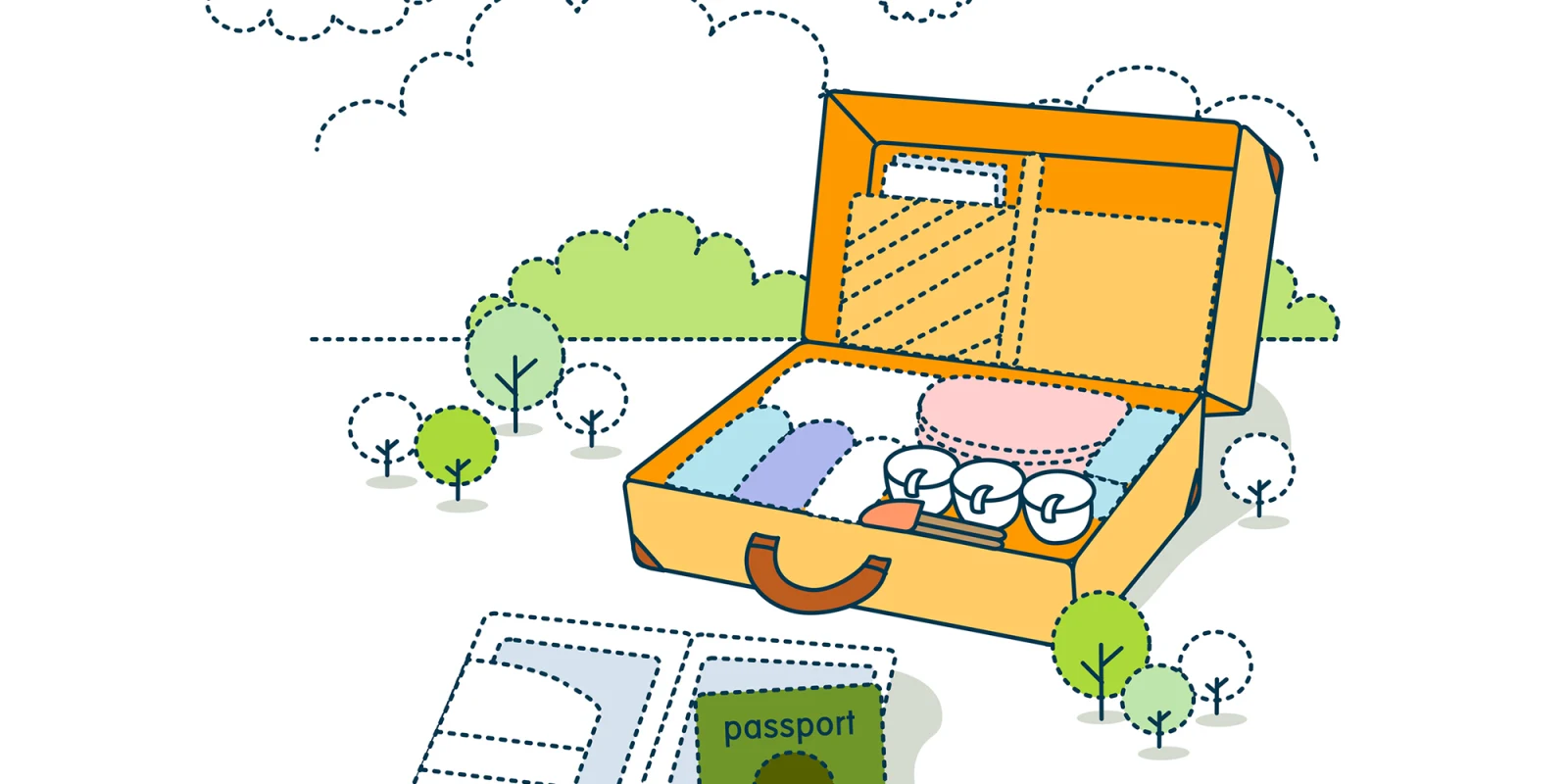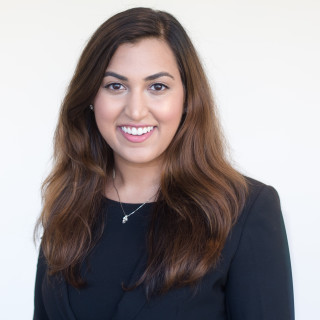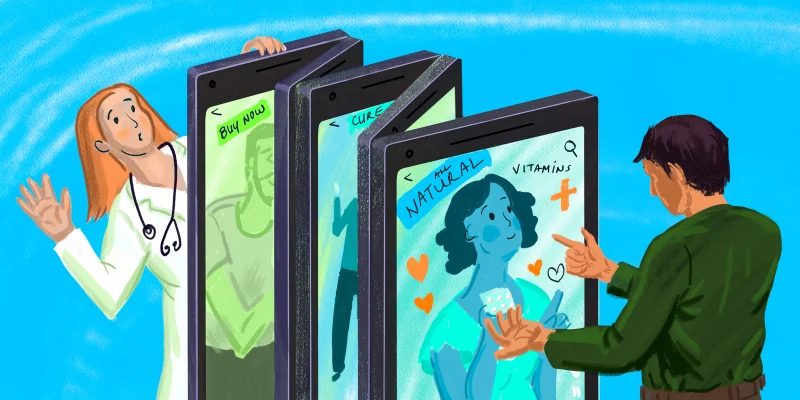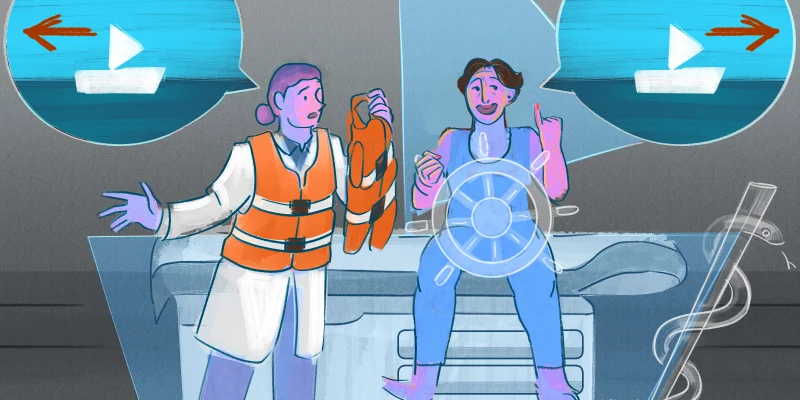 In the logistics of scheduling interviews, planning travel and accommodations, your time and money become a commodity. While there is little that can be done to control the financial hemorrhage of interview season, a few tools help to minimize hassle and come with a few benefits.
In the logistics of scheduling interviews, planning travel and accommodations, your time and money become a commodity. While there is little that can be done to control the financial hemorrhage of interview season, a few tools help to minimize hassle and come with a few benefits.
The Finances
Invest in a credit card: If you are risk-averse and doubtful – I still encourage you to do it. Whether it is an airline or bank-affiliated card, get one, preferably before any away rotations. The money spent on travel and applications will translate into worthwhile advantages. And make sure you compare credit cards!
Rewards — cash back, points, travel vouchers: The amount of cash back rewards for travel and dining are variable with different perks for different card carriers. However, I would emphasize joining a card program with a high cash back or reward point system for money spent on travel.
Annual fees: I often found higher annual fees for greater cash back and rewards points. You will have to weigh the personal pros and cons of your anticipated travel. I ultimately paid a slightly higher annual fee for larger rewards, knowing I would hit an early spending limit and receive a travel voucher.
Reimbursements for TSA pre-check, Global Entry, etc.: Some carriers will cover the $200–300 application and processing fee for TSA pre-check, Global Entry, and other travel programs. The wonders of TSA pre-check can only be felt when you are running from an interview to the airport have 20–30 minutes to get through security and to your boarding gate. Global entry access includes automatic TSA pre-check and is great for anticipated international trips prior to beginning residency.
Why Be Financially Savvy? The Perks
Priority Pass: Some credit cards will include automatic enrollment into a Priority Pass program covered by the fee you paid for your card. This translates to being able to dine at affiliated airport restaurants with a guest for a spending limit of $30-40.
Free seat choice/upgrades, first zone/member boarding: Airline credit cards offer the benefit of being able to board in earlier groups, ensuring your carry-on luggage is likely to make it on the plane with you. Additionally, you could qualify for seating upgrades prior to boarding.
Lounge access: Airline specific lounges are open to credit card members and offer dining and lounging options to improve your travel experience.
Standby Fees: Most airlines will charge a $75 standby fee for an earlier flight unless there are weather and traffic advisories. Some airlines will waive standby fees for their credit card members, even if there is a price discrepancy between your booked and desired flights.
Handy Mobile Applications for Travel
Rideshare — Uber/Lyft/Via: Use one or two of these applications consistently. Often you will be rewarded with weekday discount deals and may even qualify for a free ride every so often.
Banking: Venmo is one of my most often used applications to split room fares, rides to the airport, or travel related expenses with other applicants. Regardless of which bank you use for your debit/credit card, it is helpful to keep track of travel fees from your smartphone.
HotelTonight: Did your lodging plans fall through? Do you need a last-minute hotel? This application helps you find the cheapest deals in any city within 1-2 weeks of your stay.
Airbnb: If you are staying in an Airbnb, this application is essential for last minute communication with your host. It also allows quick bookings on the go.
Expedia, Priceline, Orbitz, etc.: I booked most of my travel on Expedia for both the reward points and to be able to quickly see my travel in one centralized mobile application system. If you do use one of these services, the applications are helpful for confirming bookings, checking into flights, and finding accommodations.
Priority Pass: If you are a Priority Pass holder, the application allows you to store your pass on your phone and to find designated restaurants or lounge areas at every airport.
Airline Applications and the Gogo In-Flight Wi-Fi: From travel updates, flight trackers, easy check-in, and flight changes, downloading the applications for your airlines make travel feel seamless. Additionally, these applications often are necessary for in-flight Wi-Fi access and entertainment.
Amtrak: If you plan on taking the train between interviews, the Amtrak app lets you book a trip, store your ticket, and look up additional train times in between interviews.
A consolidated calendar: Whether by application or document on your phone, make sure you are organized. I relied heavily on my Google Calendar application which was linked with my Gmail account. All of my travel and interview information was kept on this calendar to reduce the amount of time I spent looking through old emails and travel confirmations. Other applicants often used excel spreadsheets or notes on their phones to organize their travel and interview information. Find a system that works for you and consistently utilize it at the start of scheduling interview dates.
Packing to Keep With You
The quick realization of needing to fit two to three weeks of clothing and other essentials into a carry-on bag occurs midway through accepting interview offers. While my carry-on necessities are somewhat based on my gender, I found these life-hacks to be useful.
Travel hygiene: Airplanes are one of the most germ-friendly environments during interview season. If you think misery is catching a cold while at home, experiencing one between interviews during peak flu season is worse. Travel sized disinfectant wipes, hand sanitizer, and facial tissues are great for sanitizing your seat and tray table at the beginning of the flight.
A professional notebook or padfolio: During the interview day, there will be presentations on special aspects of the program you may want to jot down. A notebook is a great way to consolidate details about every program. This facilitates creating quick pro/con lists at the end of each interview day. Mentors have recommended traveling with an additional copy of your CV and major abstracts/publications. Though I kept these items with me, I did not need these documents during the interview process. I highly recommend a professional appearing notebook or leather-bound padfolio with built-in compartments in the cover, in which to place business cards or notes. I chose to have a bound moleskin notebook about the size of a stenographer pad to save space in my purse.
A few pens: This is obvious for travel, note-taking, and post-interview thank you notes.
An emergency refresh kit: If your carry-on is gate-checked or somehow misplaced, a small kit to freshen up between back to back interviews is essential. Mine contained a mini toothbrush/toothpaste, deodorant, makeup removing wipes, travel sized makeup concealer, breath mints, and an extra pair of undergarments.
A mini first aid/medication kit: The trail is long and tiring between travel, changes in air pressure, and cold weather. You will want to have ibuprofen, acetaminophen, perhaps a decongestant, allergy medication, any prescription medications, and bandages for potential blisters or cuts. Though airports will often carry these items in travel sized packets, the cost is much higher than having your own.
A backup government ID: Even though the likelihood of losing your current government ID is slim, the thought of potentially losing my driver’s license terrified me. I kept my passport or TSA pre-check card with me to avoid any possible security delays while traveling.
Electronics: I always traveled with my laptop for sending thank you emails and completing coursework. Some applicants, however, found their smartphones to be sufficient for their needs. Others would bring a Kindle or iPad in addition to their phones. Regardless of which devices you take with you, have two phone chargers. My chargers endured wear and tear through this process and buying another one at an airport will cost anywhere between $30-40. An added pro-tip is to consolidate all of your chargers in a small pouch to reduce tangled wires and clutter in your bag.
A compressible backpack or an extra lightweight bag: I cannot recommend having this in your bag enough. I bought a 20-ounce backpack that can be compressed into a wallet-sized pouch. I always packed this bag with my travel outfit so that I could limit sifting through my suitcase while changing at airport restrooms post-interview. This was also a great bag for packing my suit in case my carry-on luggage was gate-checked due to limited overhead space.
A reusable water bottle: The financial and environmental cost of buying plastic water bottles, often priced between $2-4 at the airport, is excessive. Many major airports have water stations to refill any empty reusable bottle you bring with you.
Packing Your Carry-On Luggage
Toiletries: I highly recommend 1-2 travel sized bottles of your favorite soaps, shampoo, and conditioner for when you are staying in Airbnbs or with friends. As someone with long hair, I would not have survived without the magic of dry shampoo. When limited on time between interviews, the ability to blow dry, straighten or style was difficult to perform daily.
A good facial moisturizer, preferably with SPF: The dry air on airplanes will change your skin. Find a moisturizer that works for you and have a handy lip balm. A travel sized facial cleanser or exfoliator also helps to combat the effects of greasy meals and dehydration that you will experience at interview dinners and airports.
Clothing care: The time between washing your clothes will longer with even fewer opportunities for dry cleaning. I often packed my suit with a few unused dryer sheets and I bought a travel-sized spray-on fabric freshener and wrinkle relaxer to help extend my time between laundry. Stores will often sell mini detergent packets for hand-washing clothes, which can also be helpful in a bind. I bought a mini sewing kit to save any potential tears with a few quick stitches. A mini lint roller is also handy prior to interviews.
Clothing: Aside from your suit, you will need to think about your travel uniform, loungewear, workout wear, and one or two pre-interview outfits. Keep your workout wear appropriate for both hot and cold temperatures with layers. I had one warm and one cold weather pre-interview outfit with an extra layer to adjust to differing temperatures. It is important to choose comfortable multi-functional clothing, as you will be wearing a rotation of these clothes constantly. I packed blouses that could be worn under my suit or as a part of a dinner outfit. I also kept a backup suit in case I stained or tore my preferred interview suit.
Footwear: Your ability to consistently exercise may be limited, but it helps if you have a pair of sneakers if you have the time. In addition to my interview shoes, I kept one pair of comfortable flats or ankle boots depending on the weather for the pre-interview dinners.
Coats: A lightweight jacket that can be easily packed or compressed is ideal. I switched coats midway through my interviews to transition from fall to winter. Some brands create winter coats can be rolled into themselves and act as a travel pillow as well.
Remember to enjoy the process. It requires financial and mental adaptability to survive but you will likely make great friends with future colleagues and meet wonderful people in your field.
Shree Agrawal is a fourth year medical student at Case Western Reserve University, where she also completed her BS degree in biology. She is passionate about research surrounding patient decision-making and is applying for urology residency this fall. Shree has recently completed a clinical research fellowship in genitourinary reconstruction at the Glickman Urological and Kidney Institute at Cleveland Clinic and currently blogs for Doximity and the Association of Women Surgeons. In her free time, she enjoys boxing, practicing yoga, and cooking. She is a 2018-2019 Doximity Author. Twitter: @ShreeAgrawal21







